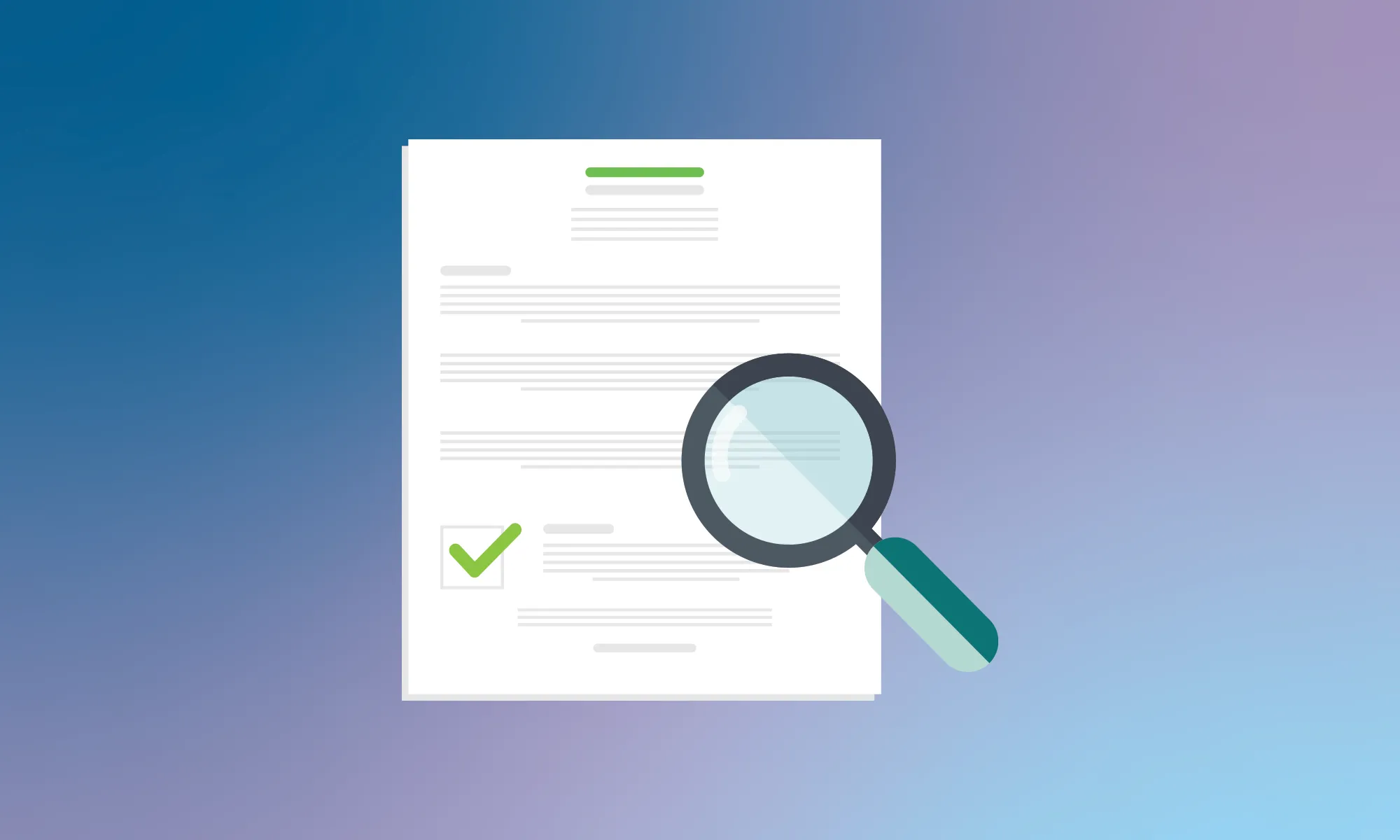Vietnam VAT Guide for International Businesses
Summary
Standard VAT Rate
10%
(8% between July 1, 2023 and December 31, 2026)
Digital Reporting Requirements / E-invoicing
Yes
VAT on Cross-Border Electronically Supplied Services
Yes
Tax Authority Website
General Department of Taxation (Tổng cục Thuế)
VAT Rates in Vietnam
The standard Value Added Tax (”Thue Gia tri gia tang” (GTGT)) rate in Vietnam is 10%, with some services exempt from Vietnamese VAT, such as public transportation by bus and electric car.
VAT Registration Thresholds in Vietnam
- VAT registration threshold for domestic established sellers: No registration threshold
- VAT registration threshold for non-established sellers: No registration threshold
- VAT registration threshold for non-resident suppliers of Digital Services: No registration threshold
Vietnamese VAT Number Format
In Vietnam, both businesses and individuals are assigned a 10 - or 13 - character tax code.
Businesses and individuals: Mã Sṍ Thuḗ
VAT on Digital Services in Vietnam
Since January 1, 2022, foreign digital service providers should register, charge and remit VAT on B2C sales. Should the foreign digital service provider not register for VAT, these B2C transactions should be subject to withholding taxes by the financial intermediary. Commercial banks and payment intermediary service companies should declare, withhold, and remit the withholding to the General Department of Taxation.
Foreign digital service providers should also charge and remit VAT on B2B sales. Should the foreign digital service provider not charge VAT, the VAT-registered taxpayer in Vietnam should withhold the VAT amount and remit it to the tax authority on behalf of the non-resident supplier.
VAT Rate: 5% VAT applied to the sale of affected digital services
Taxable digital services in Vietnam include services provided through an e-commerce activity or a digital-based business. The Ministry of Finance Vietnam (MOF) defines these terms in Circular No. 80/2021/TT-BTC (“Circular 80“).
“E-commerce activity is the conduct of part or the entire process of commercial activity by electronic means connected to the internet, mobile telecommunications networks or other open networks.”
“Digital-based business is the provision of services through the internet or an electronic network, and the nature of such provision is basically automated with little to no human intervention and cannot be done without using information technology.”
Examples of digital services:
- Streaming or downloading digital content
- Web-hosting
- Broadcasting
- Cloud or SaaS-based services or storage
Will your business need to pay VAT on digital services in Vietnam in 2024?
Learn More About VAT on Digital Services in Vietnam
Marketplace & Platform Operator Rules in Vietnam
Marketplace & platform operators should not be liable for VAT obligations when foreign businesses are selling through their platforms.
The foreign seller should register and declare the VAT on B2C supplies. In the case of B2B supplies, they can either choose to register, charge and declare the VAT themselves, or the local business should withhold and declare the VAT.
Invoice Requirements in Vietnam
Taxpayers should issue e-invoices with the following content:
- Document & general transaction information
- Name of the invoice type (e.g. VAT Invoice, Sales Invoice)
- Invoice type code (1, 2, 3, or 4)
- Invoice symbol (indicates the type of invoices, the issuer, and the year)
- Sequential number of the invoice
- Digital signature of the seller and the buyer
- Time of issue (when the invoice is digitally signed)
- Tax Authority’s verification code (if this e-invoicing method is used)
- Supplier information
- Name, address and VAT number
- Customer information
- Name, address and VAT number (if the buyer has one)
- Financial transaction information
- Description of the goods or services
- Unit of measure
- Quantity
- Unit price excl. VAT
- VAT rate(s)
- VAT amount per rate
- Total VAT amount
- Total amount excl. VAT
- Total amount incl. VAT
- Discounts if any
E-Invoicing & Digital Reporting for Vietnam
Mandatory e-invoicing was introduced on July 1, 2022.
Before issuing e-invoices, taxpayers should register with the General Department of Taxation and obtain a digital certificate.
Learn more about E-Invoicing in Vietnam
Governmental Body Responsible for E-invoicing and Digital Reporting in Vietnam
The General Department of Taxation ("Tổng Cục Thuế") is responsible for e-invoicing.
VAT Payments and Returns in Vietnam
Full VAT Returns
Vietnam has simplified VAT returns for non-resident taxpayers supplying qualifying digital services. For more information see VAT on Digital Services in Vietnam.
Penalties in case of late filings or misdeclarations
In the case of the late filing of VAT returns and payments, the Vietnamese Tax Authority should enforce the following penalties:
- Between VND 2 million and 25 million for late or non-filing
- A progressive interest rate of 0.03% for late payment
- 20% of the tax shortage for the understatement of VAT
- 100% to 300% of the tax shortage for tax avoidance
Disclaimer on Tax Advice
Fonoa does not provide professional tax opinions or tax management advice specific to the facts and circumstances of your business and that your use of the Specification, Site, and In addition, due to rapidly changing tax rates and regulations that require interpretation by your qualified tax professionals, you bear full responsibility to determine the applicability of the output generated by the Specification and Services and to confirm its accuracy. No professional tax opinion and advice. Fonoa does not provide professional tax opinions or tax management advice specific to the facts and circumstances of your business and that your use of the Specification, Site, and In addition, due to rapidly changing tax rates and regulations that require interpretation by your qualified tax professionals, you bear full responsibility to determine the applicability of the output generated by the Specification and Services and to confirm its accuracy.










